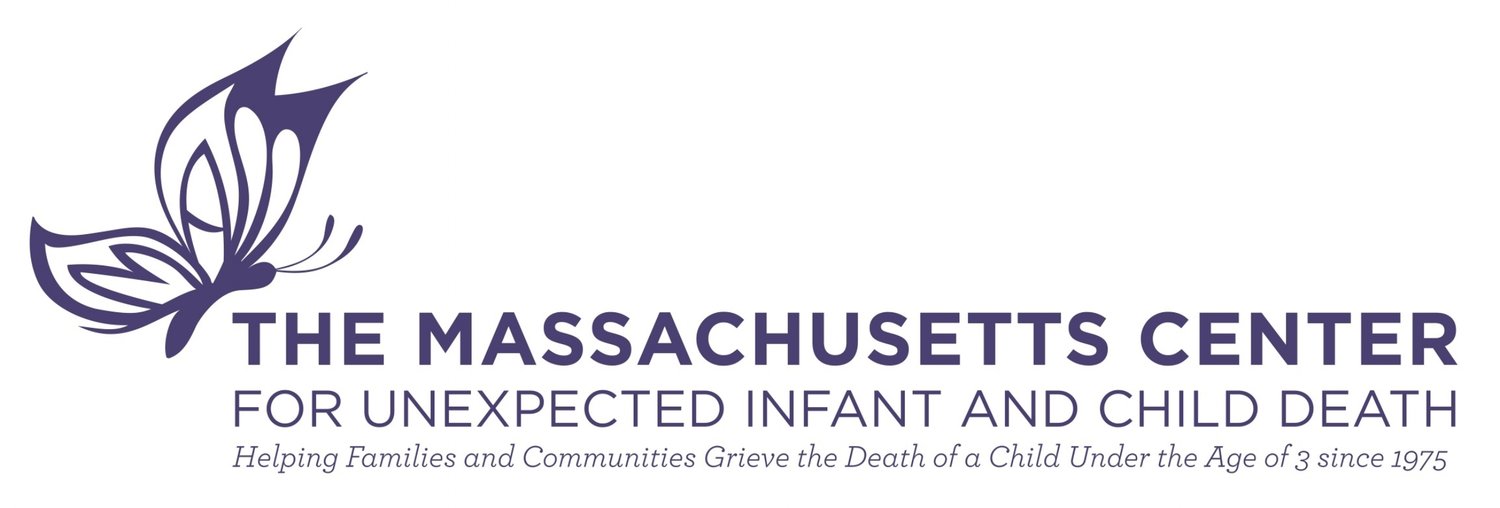“What I know about the unique grief of grandparents is this: You grieve doubly. You grieve for the loss of your grandchild, and you grieve for your child whose child has died.”
Caring for Your Own Needs
No two grandparents will experience the loss of a grandchild in the same way. Try to take care of yourself during this difficult time. Allow yourself to grieve and to express your emotions. The following suggestions may help you do so:
Talking to others such as family members, friends, clergy, therapists, or someone who has had a similar experience may be helpful.
Pay attention to your own needs. Try to eat properly, get plenty of rest, exercise, and find ways to relieve stress.
Forgive yourself if something you say or do upsets your child. This is probably a new situation for everybody and there are no hard and fast rules. Let him/her know you did not intend to be hurtful.
You likely will work through your grief more quickly than your son or daughter. Even if life feels back to "normal" for you, remember that your child may still feel as if life will never be "right" again.
Helping Your Grieving Child
As a parent, you want to protect your child from pain and suffering. Although you cannot take away the pain your child is feeling, you can provide support, compassion, and unconditional love. Consider the following suggestions as you try to help your grieving child:
Be there for your child when he/she wants you there. Leave the couple alone when they want to be alone. The best way to know what they need is to ask them.
Respect and honor your child's wishes at all times. He/she may be making very different decisions than you would make, but they are his/her decisions to make. Let the grieving couple take the lead on all issues related to the baby.
When the opportunity is available and appropriate, bonding with and sharing precious moments with a deceased baby sometimes help parents as they begin to come to terms with their loss. Although it may seem unusual to you, remember that the time spent holding, photographing, and visiting with the baby probably has great meaning for your child.
It is often helpful for parents and grandparents to honor and create memories of the infant, regardless of what stage in the pregnancy the baby was lost or how soon he or she died after birth. Suggestions include planting a tree or garden, planning a memorial service, donating a book to the local library in the baby's name, and marking anniversaries and other significant dates in special ways.
Offer to relieve your child and his/her partner of some of their day-to-day responsibilities such as shopping, driving other children to after school activities, and household chores. Time to themselves may be the best gift you can give them. Be sure to ask before you do anything.
Be careful not to minimize the baby's importance. Comments such as "There must have been something wrong with the baby", "You can have others" or "It's probably for the best" are usually not helpful. Offering to help, letting your child know you are available to listen, and acknowledge that your child's grief is understandable and expected will give him/her the opportunity to work through it.
Give your child the time he/she needs to grieve for the lost baby. It may take months or years before your daughter or son regains a sense of normalcy. Although you may feel that your child should be "over" the baby's death and moving on, it is not helpful to communicate these messages- directly or indirectly.
The baby who has died will always remain a member of your family. To help your child realize that you know this, mention the baby often in the months and years to come and let your child know that the grandchild you did not get to know is loved very much and holds a special place in your heart.
Resources
The book "For Bereaved Grandparents" by Margaret Gerner addresses the grief that grandparents feel when their children have a child die. It provides ideas of how grandparents can support their own grief, as well of that of their child. Click here to purchase the book on Amazon.
For books that may be helpful, please click here.
For websites that may be helpful, please click here.
Additional helpful websites can be found here.
This information has been adapted from resources provided by Beth Israel Deaconess department of obstetrics and gynecology,
the Family Help and Healing Fund, and the Christina Pike Meisner Memorial Endowment Fund.

